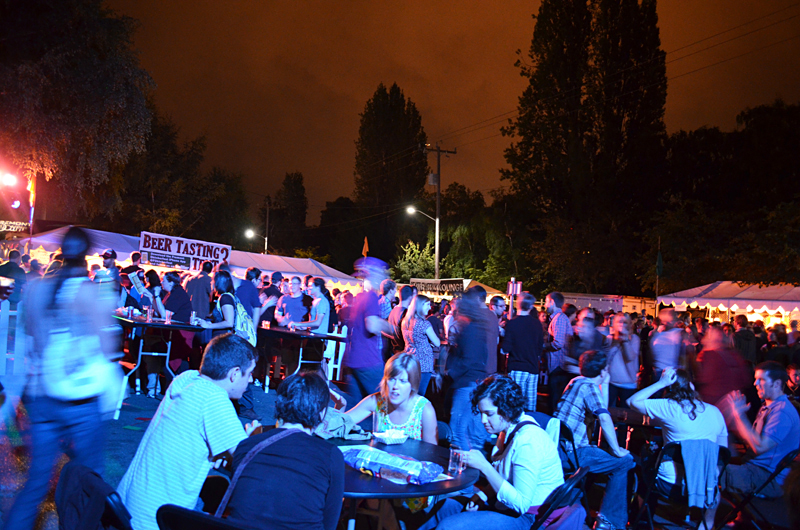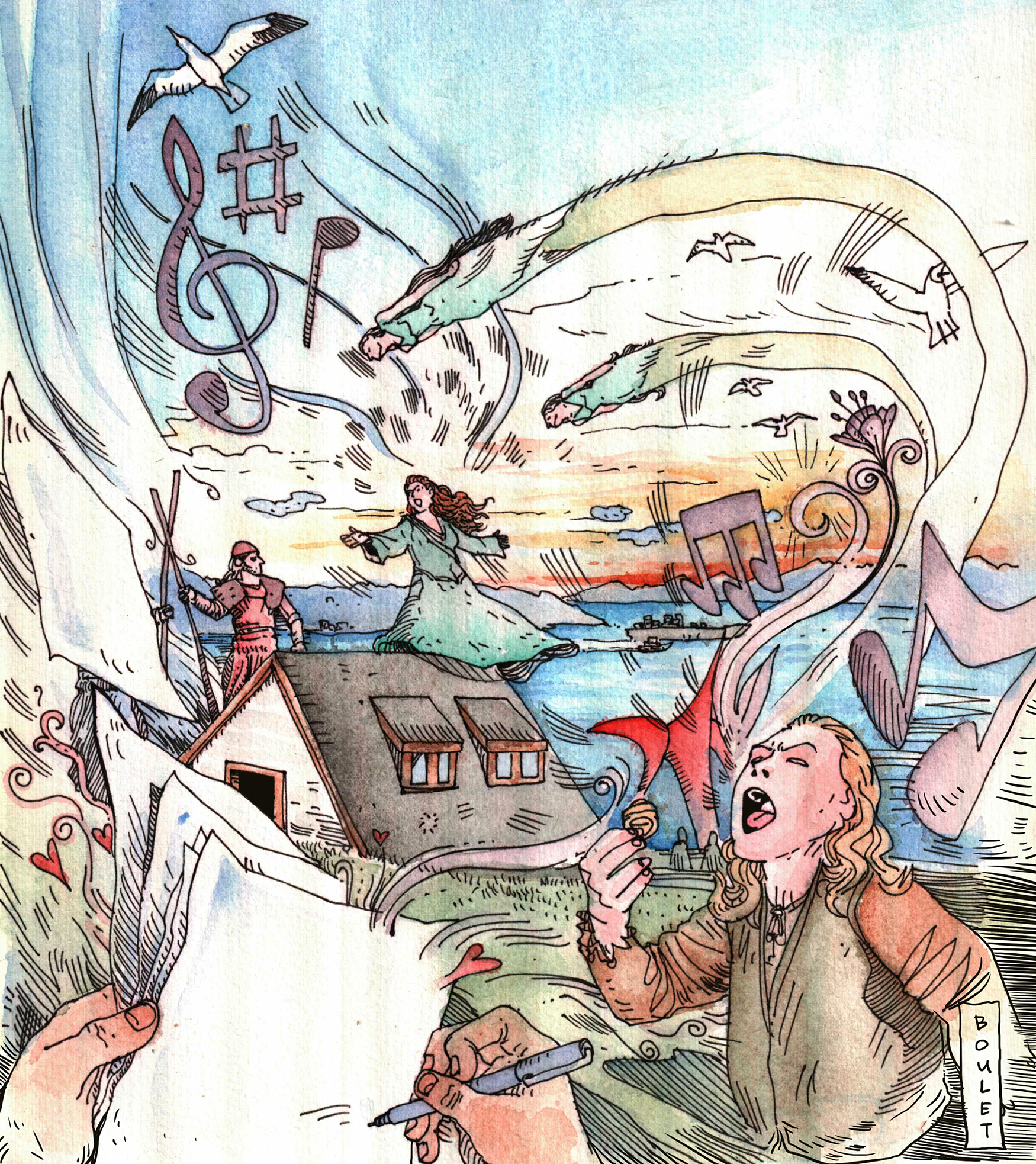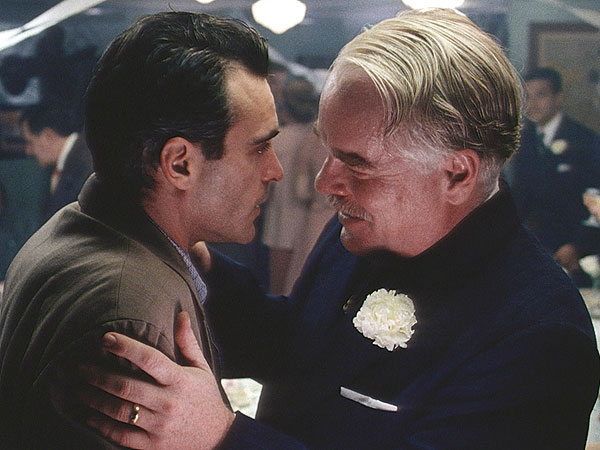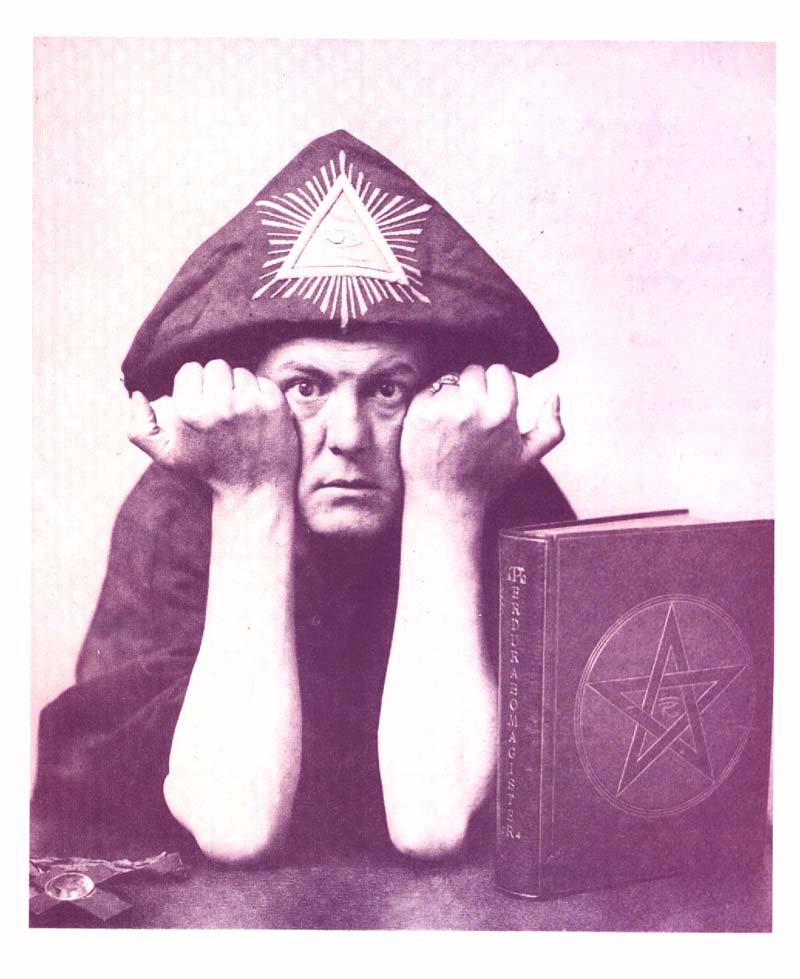WEDNESDAY 9/19
Stage: Walking Between Stages
As Intiman has shown us, theater companies and festivals are not fixed, permanent things. And suddenly the Seattle Fringe Festival, last seen in 2003, is back with us, miraculously revived. More than 20 different performance troupes will appear during five days at multiple venues (helpfully concentrated on Cap Hill). Selections were made not by snooty jurors or pretentious critics; a lottery determined the lineup, resulting in an enjoyably random menu: improv from New Orleans, sci-fi karaoke, amputation-fetish dating, plotting by tarot card, Christian rockers, police procedurals, and more. If you don’t like one show, you’re a five-minute walk from the next, making a festival pass a worthwhile investment. With so much to see, just remember to wear comfortable shoes. (Through Sun.) Annex Theatre, Century Ballroom, Odd Duck Studio, and Northwest Film Forum, seattlefringefestival.org. $10 (individual), $125 (pass). Showtimes vary. BRIAN MILLER
FRIDAY 9/21
Film: Family Trials
Yasujirô Ozu‘s great and mournful 1953 Tokyo Story considers the passing of a generation. An older (but not elderly) mother and father travel from their distant rural home to Tokyo. There they visit one married son (a doctor) and a married daughter (a beauty-shop proprietor). The widow of another son, Noriko (wonderful Setsuko Hara, Ozu’s favorite actress), also helps look after the couple during their stay. Their grandkids have no interest in the visitors, and their grown children are too busy to be good hosts. (Their idea of a favor is to send their parents to a noisy, rowdy spa—anything to get the old folks out of their hair.) “I’m surprised how children change,” marvels the father. “We should consider ourselves lucky,” his wife replies. Amid Japan’s fast-rebuilding postwar economy, at least their ungrateful offspring have jobs, spouses, and roofs overhead. Neither visitor is surprised by their kids’ busy indifference. In Ozu’s world, this is the price for seeing one’s children get ahead: being left behind. Yet not all among the harried younger generation are so hard-hearted toward their elders. The youngest daughter lashes out at her siblings, then confesses to Noriko, “Isn’t life disappointing?” The response is sad, not bitter: “Yes, it is.” She, like her in-laws, is content with what basic human decency can be summoned—or salvaged—out of the relentless new urban order. Ozu periodically frames smokestacks and electrical wires looming overhead: This is progress, he says, and no amount of pining can turn it back. (Through Wed.) Grand Illusion, 1403 N.E. 50th St., 523-3935, grandillusioncinema.org. $5–$8. 7:30 p.m. BRIAN MILLER
Festivals: Hops to It
Notwithstanding this week’s Fall Arts Guide, autumn doesn’t have to to be so august, does it? Among museums, author readings, and ballet performances, we also need to make time for beer, to trade culture for fermentation. That’s one of the chief draws of the annual Fremont Oktoberfest, with a half-dozen Northwest breweries pouring in the beer garden ($15 and up). But more than suds are on tap. Live music starts at 7 p.m. tonight (and noon this weekend); Sunday offers a 5K and a “Dogtoberfest” canine pageant; and there are children’s activities. Sunday’s 5K—yes, wear costumes—and scavenger hunt both require entrance fees. Then, after you’ve run and scavenged, it’s back to the beer garden. Fine arts can wait until after the weekend—and the end of your hangover. (Through Sun.) Downtown Fremont, fremontoktoberfest.com. Free. 5 p.m.–midnight. BRIAN MILLER
SATURDAY 9/22
Books: The Crackup
D.T. Max has expanded his 2008 New Yorker postmortem into Every Love Story Is a Ghost Story: A Life of David Foster Wallace (Viking, $27.95). He uncovered more than 700 letters from Wallace to friends, family, and fellow writers (including Don DeLillo and Jonathan Franzen), and interviewed more than 200 friends and acquaintances. During a recent sit-down, we asked how he compressed all that into 300 pages. “It’s actually longer than the biography I anticipated doing,” says Max. “My intuition was that I wanted to tell a story. I wanted the story to be very alive, just as he was recently very alive. I didn’t want it to feel in amber. I wanted it to feel like he could walk into the room the minute you put the book down.” What is it about Infinite Jest that caused it to be so influential, even today? “It’s a brilliant piece of work. A brilliant way to write a novel. A brilliant way to capture fragility, anxiety, our messed-up media, saturated environment. David’s moral progression was such that he becomes someone of whom people care, and people feel that he cared about them. Once you have that key, Infinite Jest becomes an even more rewarding work, because you’re able to imagine yourself as somebody on whom David has lavished a similar amount of care and attention as he lavishes on Infinite Jest characters Don Gately or Hal.” In a Q&A for The New Yorker following his original article, Max wrote, “Some suicides seemed destined, but I never felt this was true of Wallace.” Does he still believe that? “I believe it less. His decision to be a writer comes out of a breakdown, and it was always tied closely to his mental health.” Elliott Bay Book Co., 1521 10th Ave., 624-6600, elliottbaybook.com. 2 p.m. ERIC SUNDERMANN
MONDAY 9/24
Sports: Out Like Flynn
When football analysts look back on Pete Carroll‘s career as the Seahawks‘ head coach, be that two or 12 years from now, his decision to start undersized rookie quarterback Russell Wilson over mega-million-dollar free agent Matt Flynn will surely prove a pivotal one. Wilson had a spectacular preseason, to be sure, but Flynn, like Matt Hasselbeck before him, had put in valuable time as the understudy to a Pro Bowl quarterback (in Hasselbeck’s case, Brett Favre; in Flynn’s, Aaron Rodgers), and acquitted himself nicely during the same preseason in which his competitor excelled. But preseason, as the Seahawks learned in a lackluster week-one loss to Arizona, rarely means much, thus making Carroll’s decision to cast his lot with a talented but untested rookie look all the more curious in tonight’s contest with the Green Bay Packers. Regardless, what could’ve been Flynn’s chance to show his former employers—and a national Monday-night audience—what they’re missing is now merely an opportunity to be less reliant on Icy Hot when holding a clipboard at home. CenturyLink Field, 800 Occidental Ave. S., seahawks.com. $64–$425. 5:30 p.m. MIKE SEELY
Books: Island Lives
Again T.C. Boyle has turned to the Channel Islands, a hazy view west of his Santa Barbara home, for a history-inspired novel. Two families attempt to settle on the islands in San Miguel (Viking, $27.95), one in 1888, the other in 1930. Where the islands (and invasive species) created political turmoil in his When the Killing’s Done, San Miguel is more of a domestic novel, closely concerned with family routines and tensions. For both families, charged with raising sheep for their tenancy, the isolation first seems like a place of refuge and healing. In Part One, our heroine has tuberculosis. And both husbands are recovering from battlefield trauma (in the Civil War and World War I, respectively). But no island is a paradise. There are mice, there’s filth and boredom, and the livestock don’t offer much entertainment. One teenage daughter seeks to escape what she considers a prison. Children are born, and men are driven to self-destruction. In the novel’s second half, the new matriarch—alone with her husband and baby—ponders her distance from Mussolini, Roosevelt, and the hubbub back on shore: “As if it mattered. And it didn’t. All that mattered was the three of them and the way the seasons turned and the ewes dropped their lambs.” (Presented by Seattle Arts & Lectures.) Meany Hall (UW campus), 621-2230, lectures.org. $5–$70. 7:30 p.m. BRIAN MILLER









